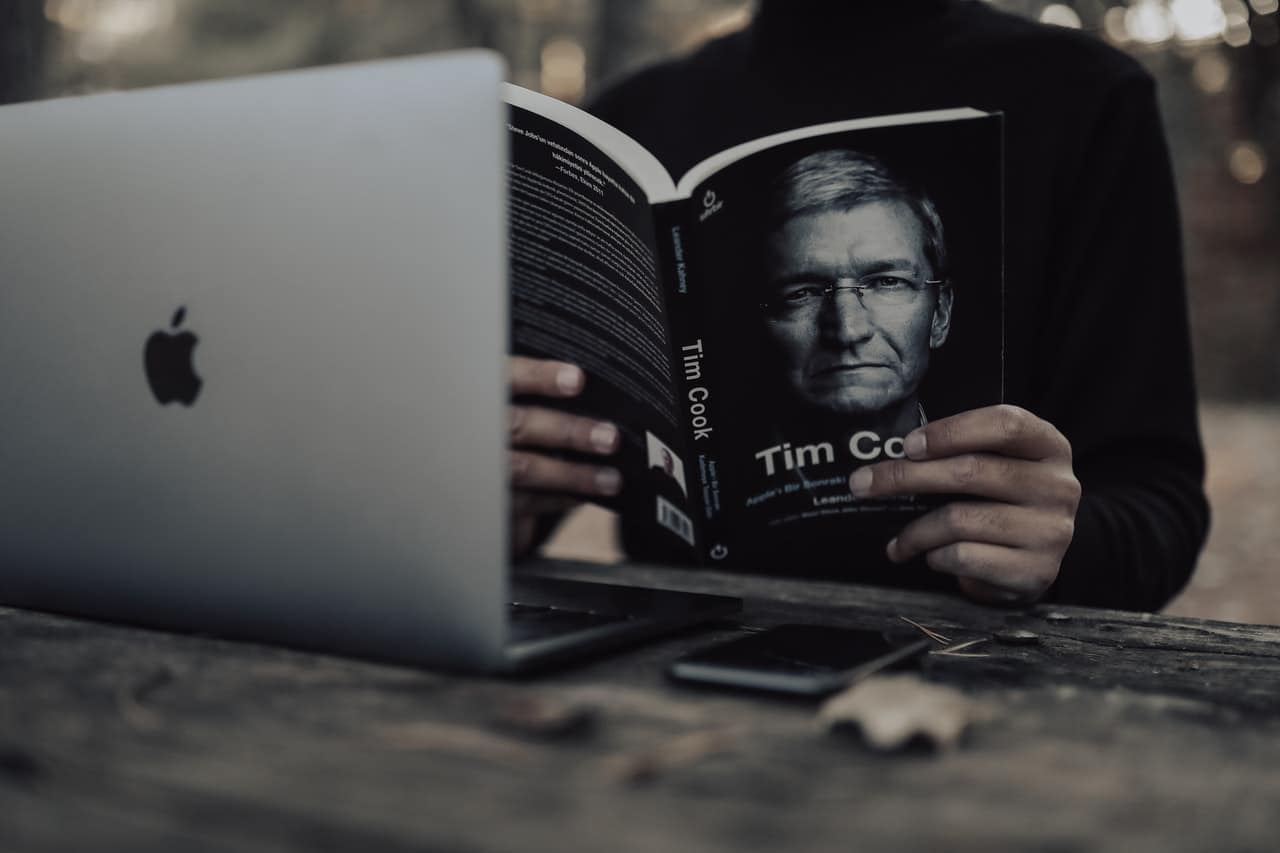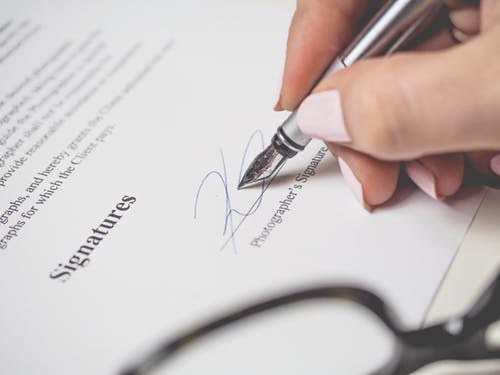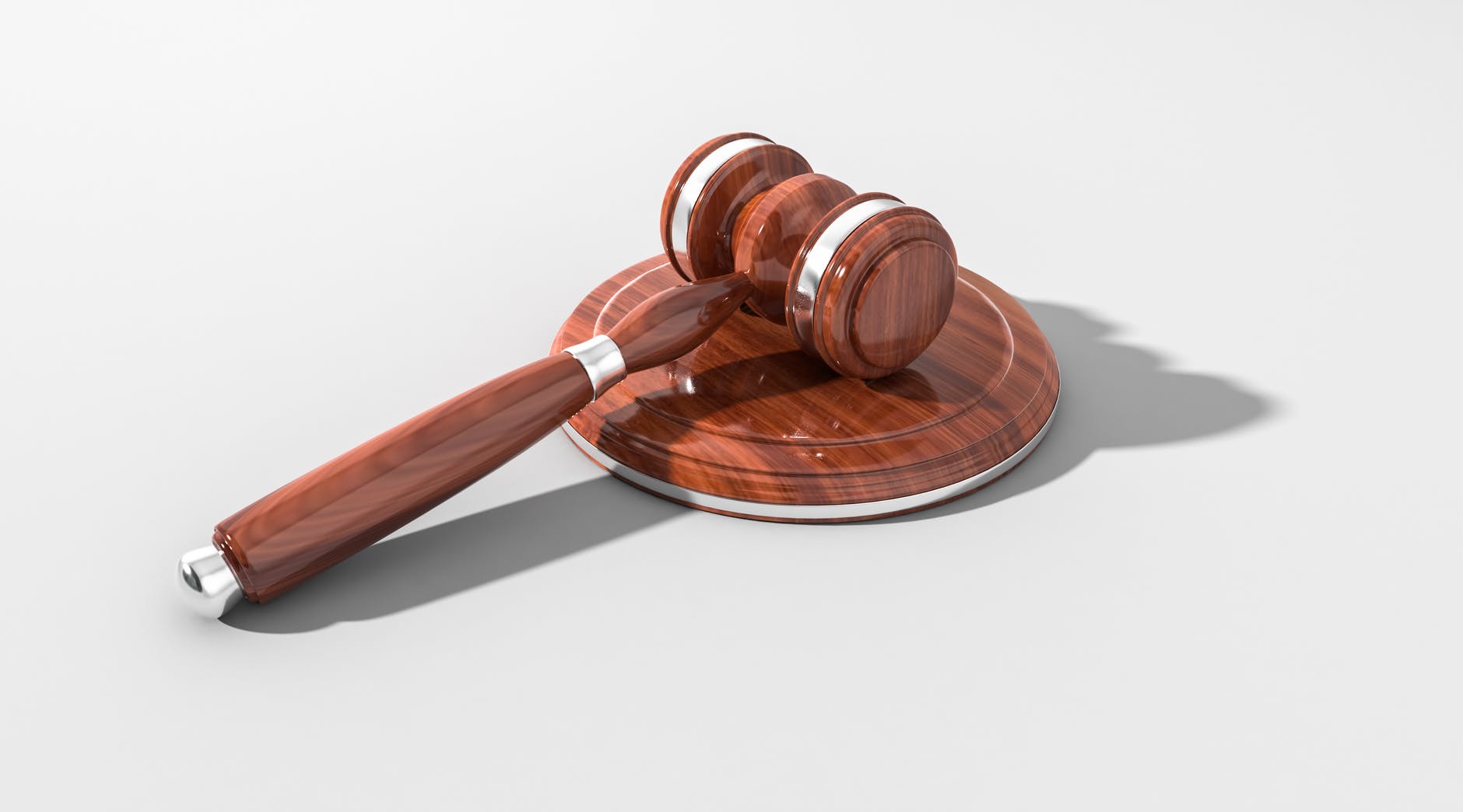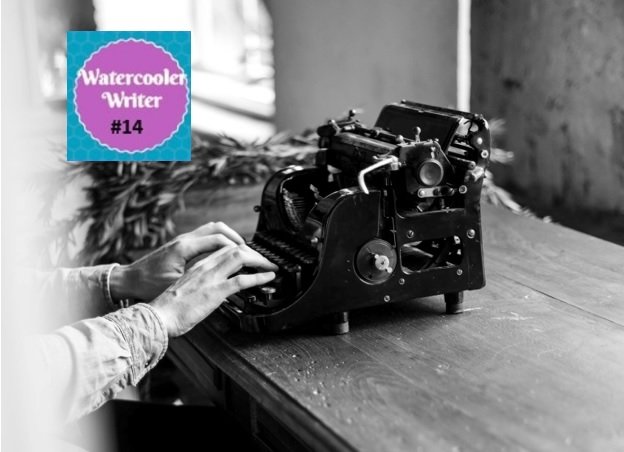
Going Behind the Curtain: FAQ on Publishing and the Legal Issues of Hiring a Ghostwriter
GOING BEHIND THE CURTAIN: FAQ ON PUBLISHING AND THE LEGAL ISSUES OF HIRING A GHOSTWRITER
Every year, dozens of civil lawsuits are filed that included allegations of libel or defamation.
Most of the time, these things are obscure cases that never reach the headlines, but nevertheless cost both plaintiffs and defendants sizable sums for legal fees and court costs.
Some cases, though, such as Jesse Ventura’s case against Chris Kyle’s widow or the suit filed by Terry Bollea (aka Hulk Hogan) against Gawker Media, have gained far more notoriety.
The notoriously litigious nature of the United States leaves many would-be authors with plenty of unanswered questions.
Can I write about living people?
Can I quote songs in my manuscript without inviting a copyright suit?
What about pictures — do I need to get permission to print those?
We field questions like these every day, and we recognize that any author must navigate plenty of legal pitfalls to be successful.
Below we’ve compiled a list of the most frequently asked legal questions we hear about writing and ghostwriting.
Is the practice of ghostwriting legal?
Yes, absolutely. It’s a great way for leaders and experts to enlist the help of a seasoned writer to help craft and hone their message.
People can’t be great at everything, and while some have fantastic abilities to govern or lead a business, they may not be the most effective at communicating the written word.
At its core, there is some debate as to whether ghostwriting is a form of plagiarism. As David Rothschild, a representative of iThenticate.com, has written, even though ghostwriting is essentially a form of plagiarism, the agreements put in place between authors and ghostwriters provide for the legal consent required for authors to take credit for ghostwritten works.
What items should an author be sure to include in a collaboration agreement with a ghostwriter, to provide legal protection?
This is a complicated question — publishing law constitutes an entire realm of American jurisprudence. However, according to Alan Kaufman, an attorney specializing in publishing law and a former General Counsel to Penguin Books, “one always wants the issues determined upfront in a collaboration agreement, which covers compensation, the grant of rights, late or unsatisfactory delivery, credit, copyright.”
Can a ghostwriter claim that they own the work resulting from our collaboration?
If the issues of credit and copyright are addressed in a collaboration agreement, then a ghostwriter can’t violate that agreement and claim the resulting work. This is why it’s so important that very clear boundaries and expectations be settled upfront.
If structured properly, a collaboration agreement between author and ghostwriter can address all of the above-mentioned items. What’s more, agreements can also include a confidentiality clause or other restrictions against your ghostwriter using any proprietary information that you disclose for their own benefit.
If a ghostwriter, editor, or someone else reviews a book, what keeps them from stealing it?
Per Mr. Kaufman, if you send a work to someone for review, they can’t legally steal it and claim it as their own. “The U.S. Copyright Act states that copyright subsists in whatever is created from the moment of creation. So, copyright protects you.” Most collaboration agreements provide for the author’s ownership of any product resulting from the work of a ghostwriter, meaning that anything a ghostwriter writes while working on the client’s book or article is that client’s property.

These are just some of the legal issues between client and ghostwriter.
In the process of writing, a number of separate considerations need to be made for specific content, including quotes, references, and characterizations.
Here are some of the questions we frequently hear about these more technical aspects of writing, which a professional writer can help to navigate. In today’s world of self-publishing, these concerns are especially relevant.
How can I avoid getting sued if my book or article is about real people?
As many defendants in civil cases will attest, this can be a tricky area to navigate. According to Alan Kaufman, it’s important to understand that “real people are protected in two ways. First are libel laws, which protect from defamation. Secondly, private individuals are protected by the laws of privacy.” If a book might be controversial, an author can always have it reviewed by legal counsel to assess their potential liability.
What criteria have the courts historically used to define libel or defamation?
Business attorney and author Helen Sedwick penned the Self-Publisher’s Legal Handbook in 2014, and she speaks in-depth about these issues. As she has written in a detailed post on her website, in order to prove libel, someone must prove that an author maliciously or negligently published a lie about someone who can be identified and that hurts their reputation. If any of these qualifications are unmet, then it isn’t libel. For instance:
If the author publishes something that is true, that’s not libel.
If an author publishes a lie about someone who can’t be identified based on the published material, that doesn’t constitute libel.
If the statement doesn’t actually hurt the subject’s business or career, or hold them up for public hatred or ridicule, then that’s not libel. Simply publishing something offensive or insulting is not sufficient.
What about the invasion of privacy?
This is another subject on which Ms. Sedwick has written in detail. She indicates that privacy laws protect people from having embarrassing or unpleasant information published about them that (in the words of Ms. Sedwick) “is offensive to ordinary sensibilities and not of overriding public interest.” Most importantly, however, the person must have a reasonable expectation of privacy. Public remarks or conduct, in other words, would not be protected by privacy laws. Celebrities and other public figures, it is noted, have little expectation of privacy and (within reason) can usually be written about without their permission.
Can I quote songs in my writing without opening myself up to a lawsuit?
The short answer is yes, if done correctly. Music companies tend to be aggressive litigants, so this is an area where authors need to exercise caution. Attorney Alan Kaufman encourages writers “not to use more than a couplet.”
Can I quote other books?
To a certain degree, quoting other works is considered “fair use.” However, it’s worth noting that this is based on the total amount of original material used, relative to the total size of the book or article that is being quoted.
Unfortunately, there is no consensus on just what percentage constitutes plagiarism.
Much of the debate has been focused within academia, with many universities relying on plagiarism checkers such as TurnItIn. These checkers often limit the amount of directly-quoted text to 15% or less — however, this may still be too much if everything quoted is one continuous block of text. Some more stringent universities raise red flags if more than seven consecutive words of text show up in a paper that’s run through a plagiarism checker. For a few, the limit is even less: five words.
None of this is to say that an author can’t use the text, only that a citation needs to be included to give proper credit to the original.
The bottom line here is that when in doubt, it’s best to give credit to another author — even if it’s just for an idea.
Dr. Curtis Newbold is an Associate Professor of Communication at Westminster College, where he oversees the Master of Strategic Communications program. In addition to teaching many courses on communications, he has written extensively about the fair use of photographs. He has outlined the criteria that authors should consider when deciding if a photo can be used. A more detailed breakdown can be found on his website, but here are a few examples of photographs that can be used:
Pictures that you took yourself that are based on your own concept, for which you own all the rights. More on this later.
How can I determine what pictures I can legally use?
Pictures that someone else took, but which you are using in “an education or research setting, for limited non-profit uses.” Dr. Newbold also notes that copyrighted images shouldn’t be printed for personal or decorative purposes.
Pictures someone else has taken and you’ve secured permission to use, or for which you’ve purchased the rights (such as through a stock photo company or from a photographer).
Sara Hawkins is an attorney specializing in advertising, social media, and intellectual property. According to her, if you aren’t sure whether the photographer has released their rights to a picture, it’s best not to use it until you’ve made that determination or received express permission to use the image. There are still a lot of grey areas with plenty of exceptions. Authors are always encouraged to take as much caution as possible when dealing with potential copyright issues.
Are there any restrictions on using images that I’ve taken myself?
There are a number of issues at play there. First, if you want to publish a picture of your own, you need to consider whether the photo was truly original (not designed to resemble or mimic someone else’s photograph).
Second, you need to consider where you were when the photograph was taken to decide whether it may include anything proprietary. Generally speaking, if the picture was taken in your own home or while you were in public, then this shouldn’t be a concern.
If my pictures are of other people, do I need to get permission from the people in the pictures? What if they’re old pictures and I can’t locate the people in them?
In cases where authors want to use images that they took of other people, there are a few issues at play, including privacy laws and potential defamation or misappropriation, according to the Digital Media Law Project.
First, most states prohibit the use of “someone else’s name, likeness, or other personal attributes without permission for an exploitative purpose.” This would violate the person’s “right of publicity” — their right to make money from their name or likeness. This concern arises most often with advertising or other promotional materials. However, it can also be the case in other works like books or articles, which an author is publishing for commercial benefit. Here again, it’s better to be safe and get permission before using images.
What if I want to use an interview I did with someone in my book?
When conducting interviews to use as source material for a book, it’s a good idea to have interviewees sign a written release acknowledging that their responses may be published. If you are recording an interview, it can be sufficient to include a stated acknowledgment on the recording that the interview is being recorded, and the interviewee understands that what they say may be published. By doing so, they not only acknowledge that they’re being recorded but also that they give their consent for the interviewer to use their quotes for publication.
The same principle goes if you plan to conduct recorded interviews by phone.
There are some strict laws about phone recordings. Kelly Yamanouchi, a business reporter for the Denver Post writing for the Society of Professional Journalists, reminds us that “most states require only one-party consent to record. However, 12 states and the Commonwealth of Puerto Rico require the consent of two or more parties.” She goes on to note that, in these cases, it’s not only important to get permission to publish responses in an interview, but also “to take great care when securing permission to record.”
Her suggestion is that writers first ask the interviewee whether it’s OK to record the conversation. Then, after recording begins, it’s a good idea to have the interviewee put their permissions — both for the recording and for publication of their responses — on the record.
What if the person I interviewed has passed away, or I want to use a picture of someone who is no longer alive?
If someone that you’ve interviewed or photographed has since passed away, the right to sue dies with them. However, if you want to use someone else’s photograph, it doesn’t matter whether a person in the photograph has died — you still need to get the photographer’s permission. In fact, even if the photographer has died, their estate can still own the rights to their pictures for decades after their death.

Writing a book is no small or straightforward undertaking.
There are a number of legal issues to weigh, both with regard to the relationships between author, ghostwriter, and publisher, as well as the nature of the material to be published, source material to be quoted, and pictures to be included.
While issues in the former category can be addressed explicitly in a collaboration agreement negotiated and signed upfront, working with seasoned professionals can go a long way toward resolving issues in both of these areas.
Related Content
- 0 Comment
Subscribe to Newsletter
- How Can SharePoint Be Used To Organize and Disseminate SOPs?
- Planning the Perfect Genealogy Research Trip: A Step-by-Step Guide
- From Silly to Awesome: How Words Change Meaning Over Time
- The Psychology of Font Choice: How Typography Impacts Content Engagement
- How to Distribute SOPs for Maximum Usability












